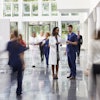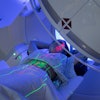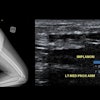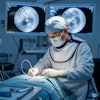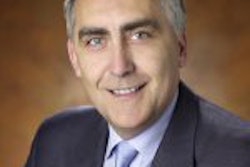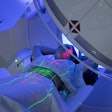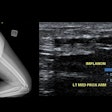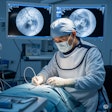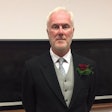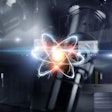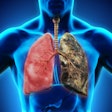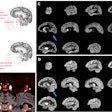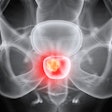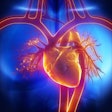BERLIN - Currently recovering from surgery, Sir Peter Mansfield was unable to deliver a lecture on acoustic noise at the International Society for Magnetic Resonance in Medicine (ISMRM), according to Peter Gordon Morris, PhD, head of the Sir Peter Mansfield MR Centre at the University of Nottingham, U.K.
Instead, Morris offered an overview of Mansfield's contributions to the field of MR during his talk Monday. Morris said that Mansfield's first encounter with magnetic resonance came in 1958 at Queen Mary College in London, when he was asked to build a proton magnetometer for locating archeological artifacts. In 1977, Mansfield, along with Andrew Maudsley, PhD, published the first nuclear magnetic resonance (NMR) image, of Maudsley's finger.
A year later, the first whole-body human MR exam was done -- on Mansfield's abdomen -- on a prototype scanner, and aired on television a BBC program called "Tomorrow's World," Morris said.
Mansfield, 73, went on to develop such MRI staples as echo-planar imaging, dynamic contrast, and active magnet shielding. Although he officially retired from the university in 1994, he continues to work on refining MR technology, Morris said. His most recent area of interest has been acoustic control during high-field imaging.
In 2003, Mansfield, along with Paul Lauterbur, PhD, won the Nobel Prize in Medicine or Physiology for their work in the development of MRI. Lauterbur died in March 2007.
By AuntMinnie.com staff writers
May 21, 2007
Related Reading
MRI pioneer Lauterbur dies, March 30, 2007
Medicine prize launches Nobel season next week, September 29, 2005
Did Damadian’s mercurial past cost him the Nobel Prize?, October 28, 2003
Nobel medicine prize winner thought it was joke, October 7, 2003
MRI idea seized Nobel winner for quarter century, October 6, 2003
Copyright © 2007 AuntMinnie.com
